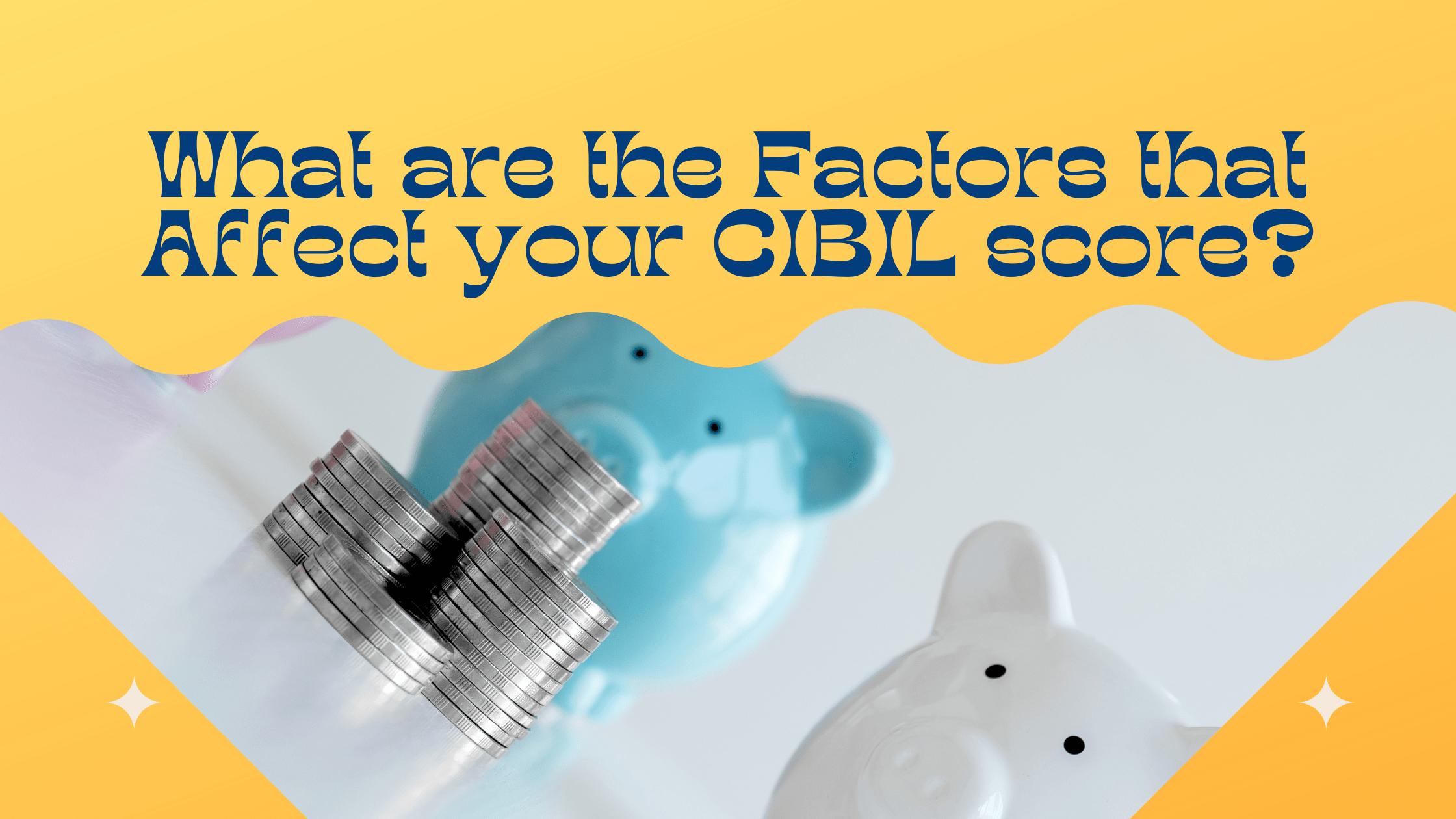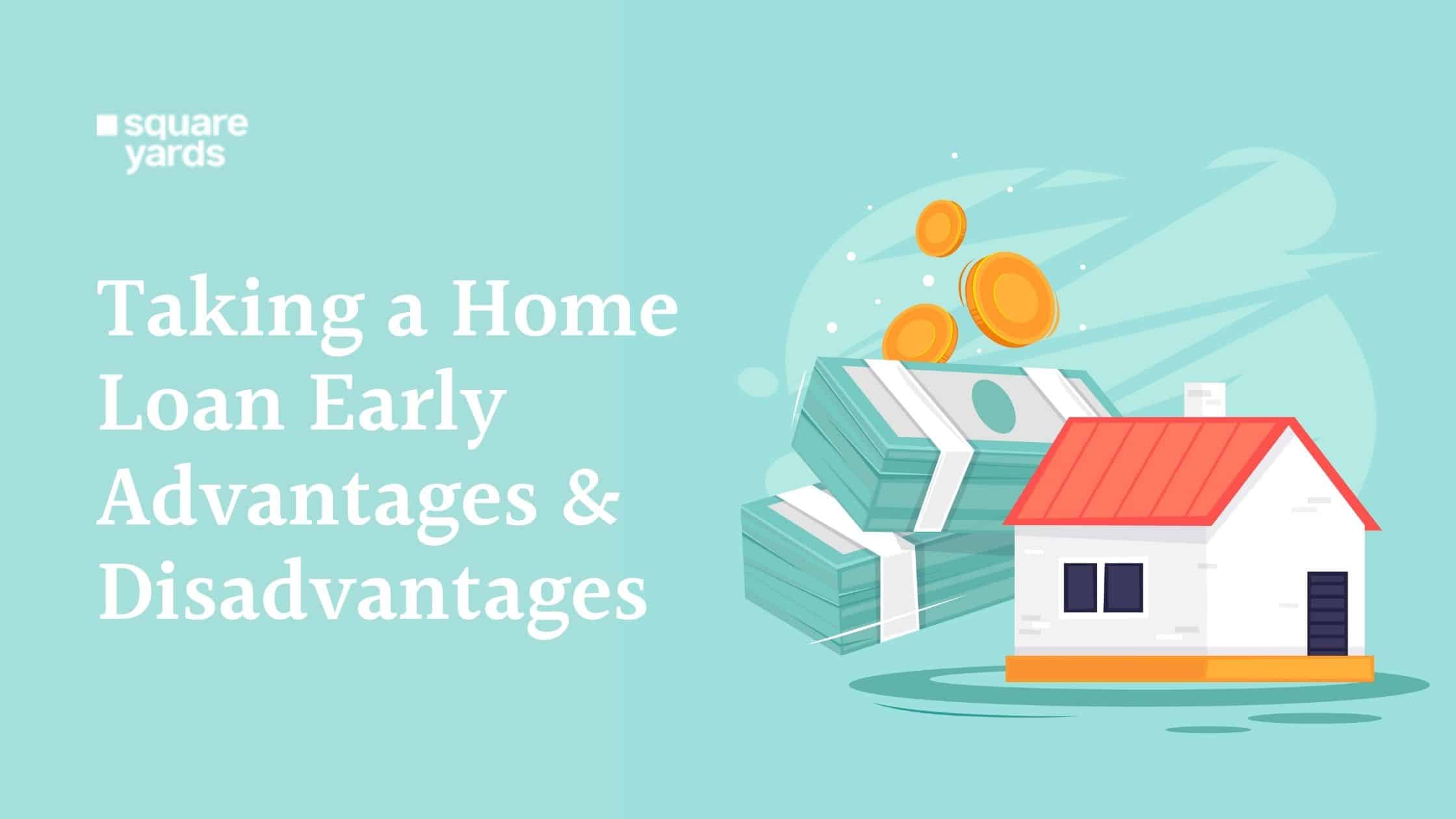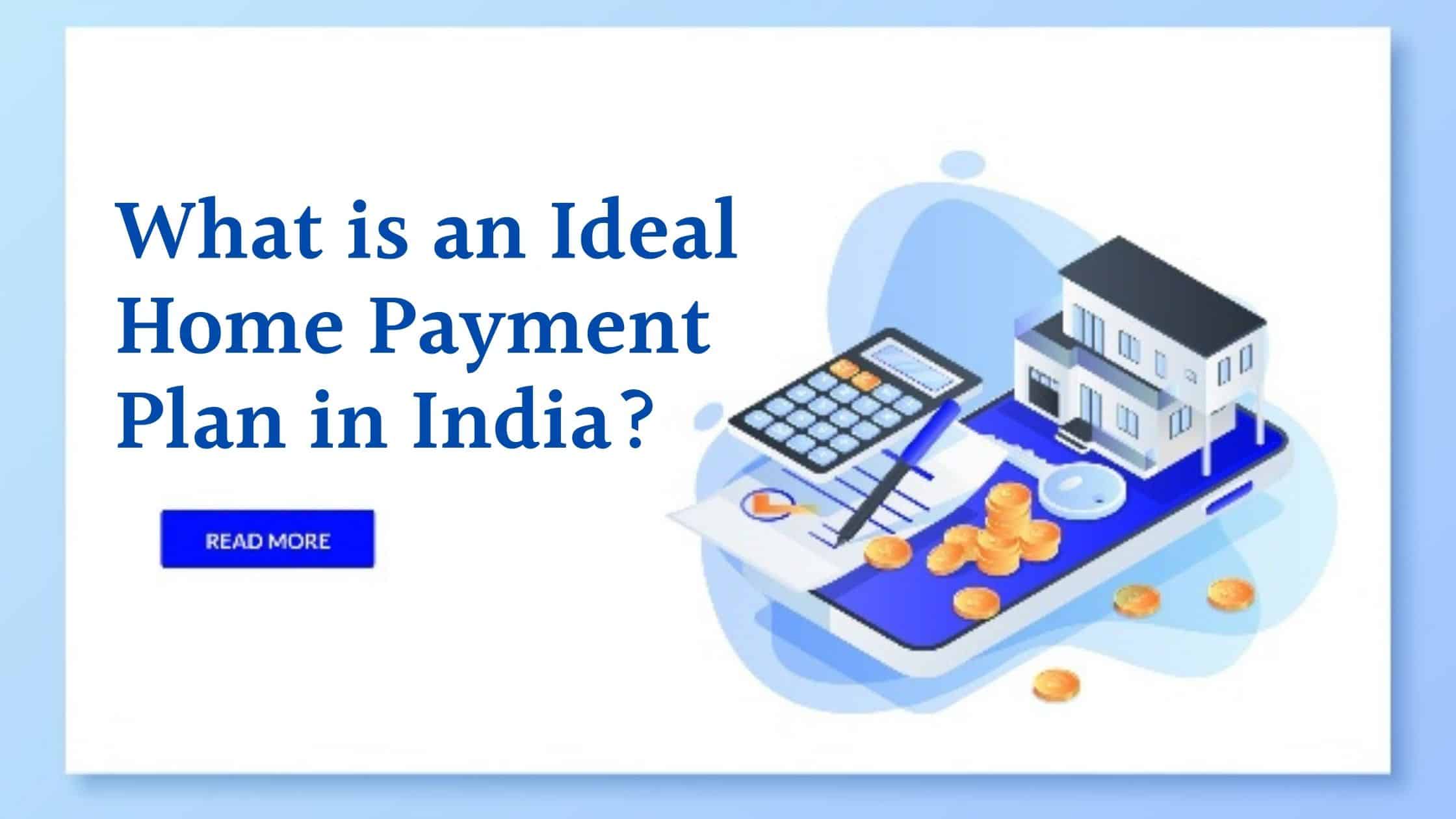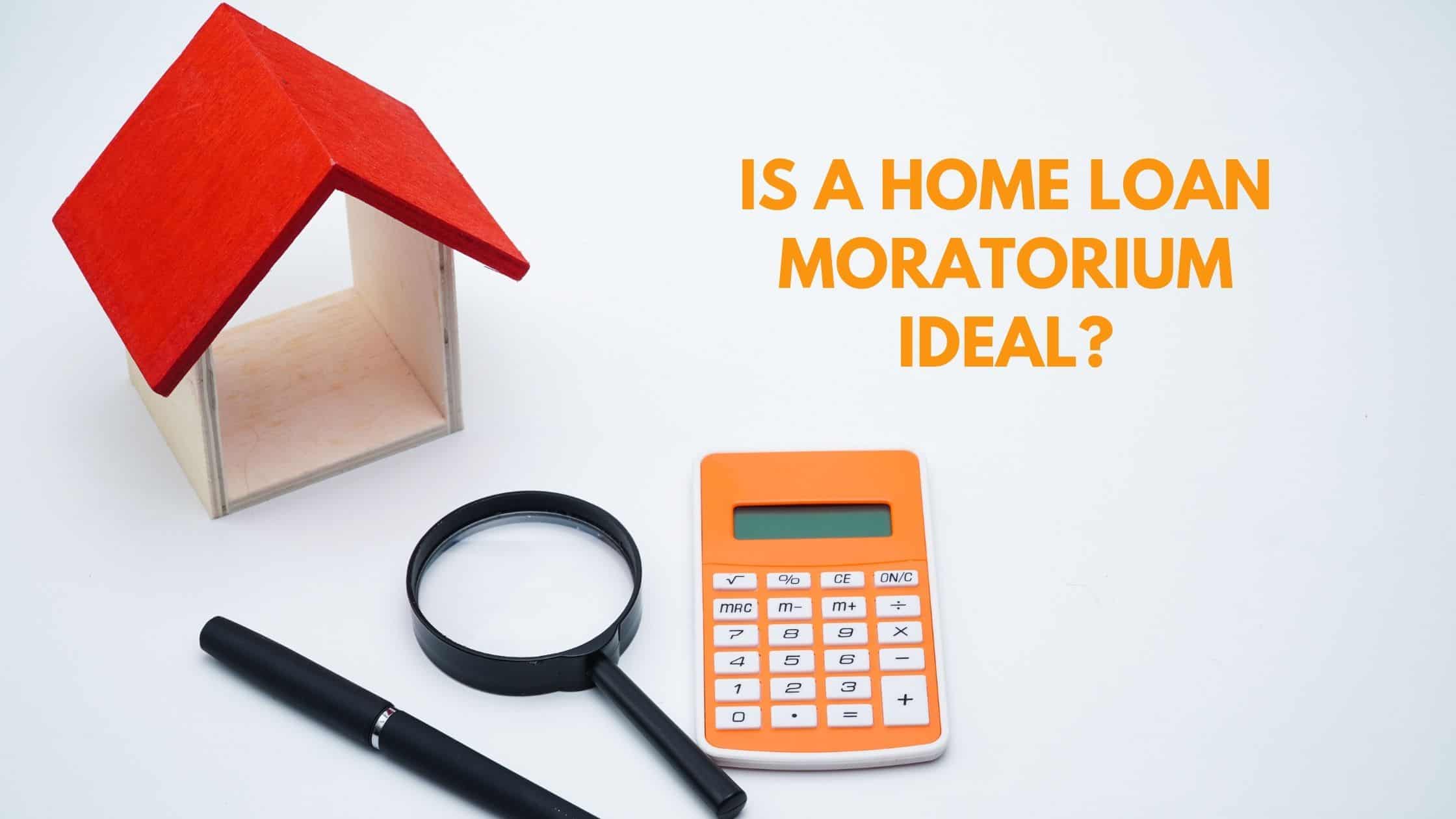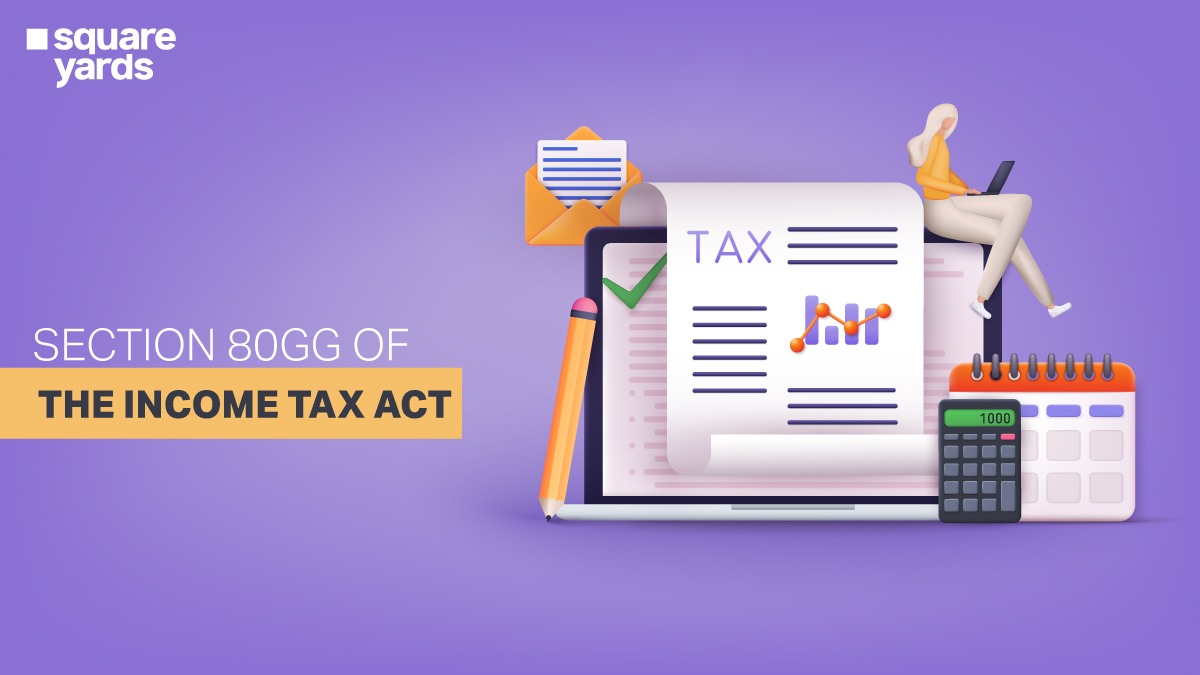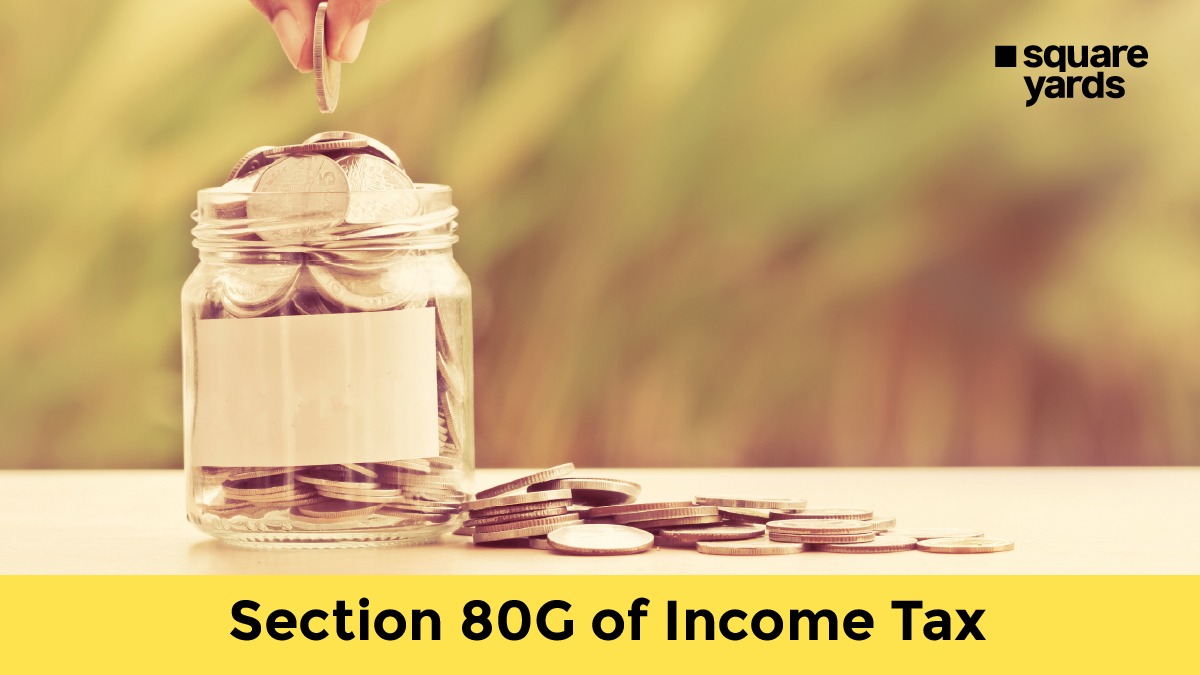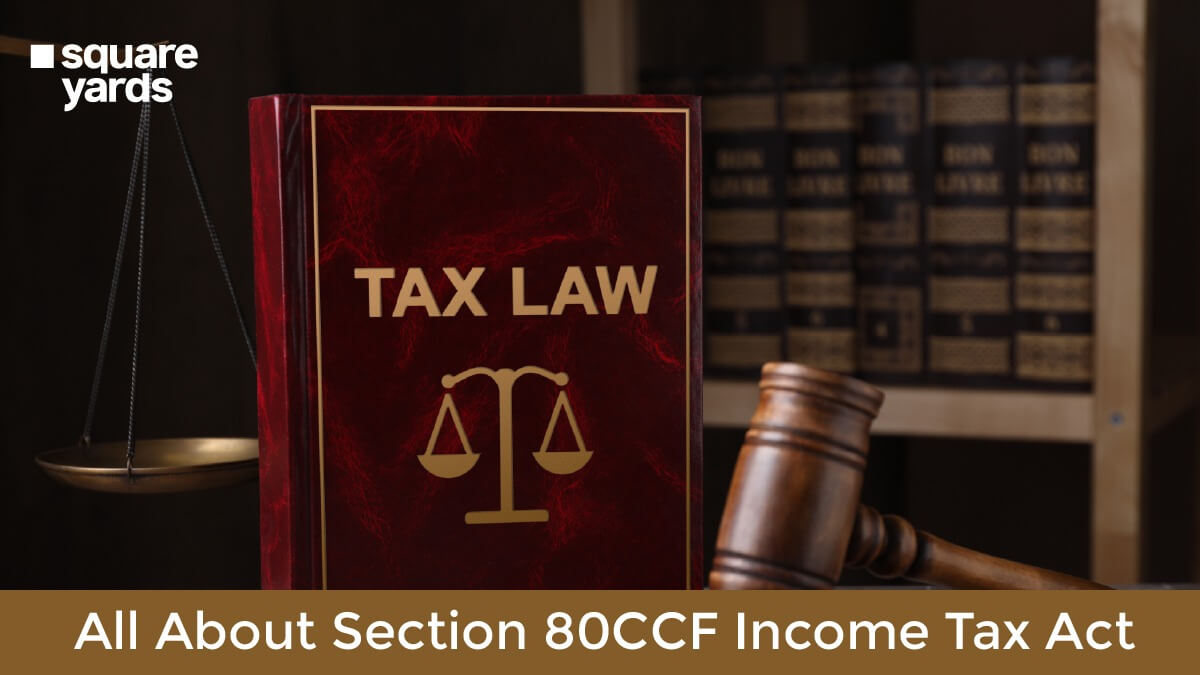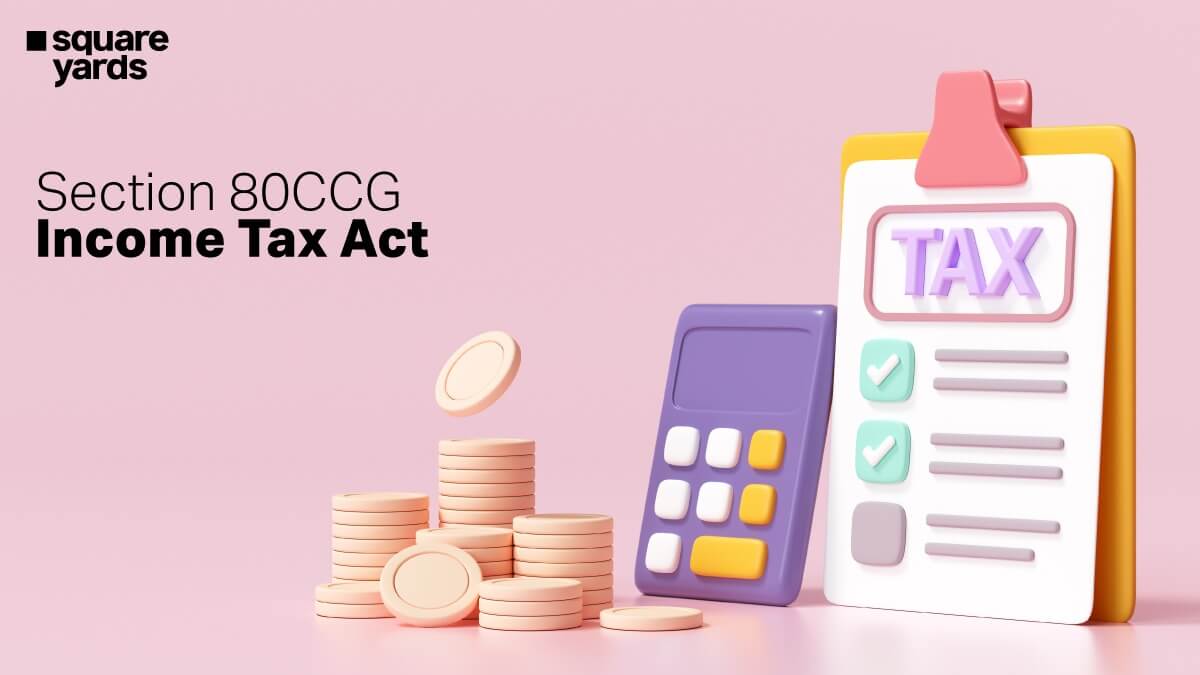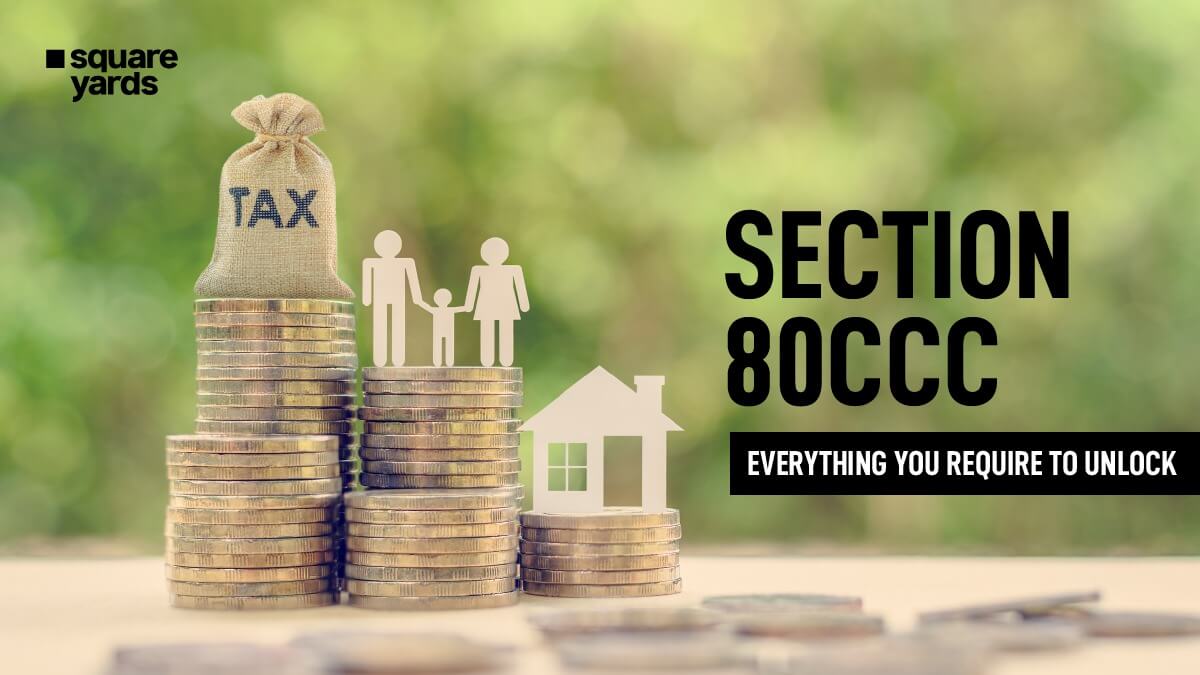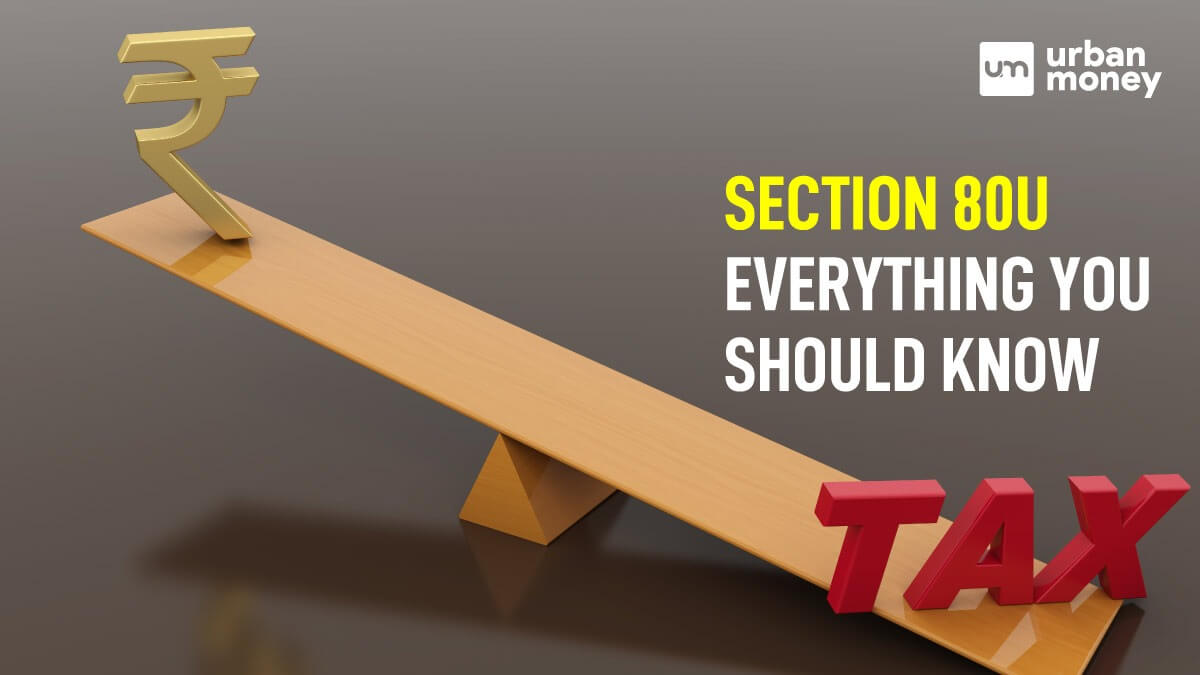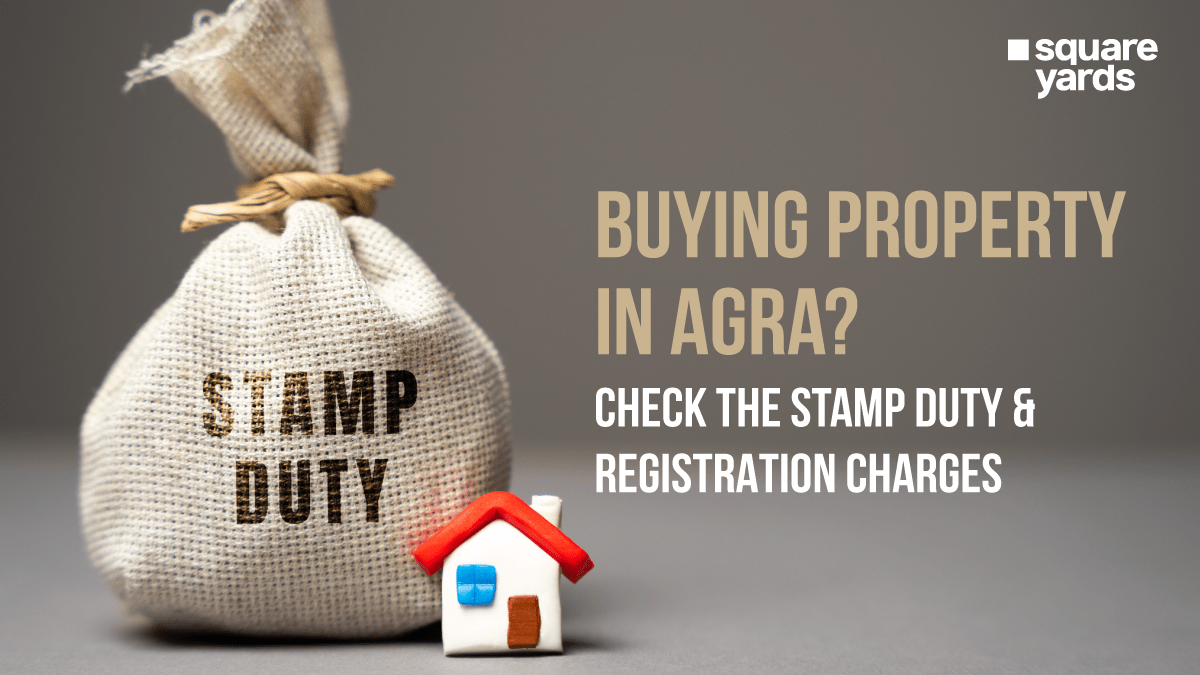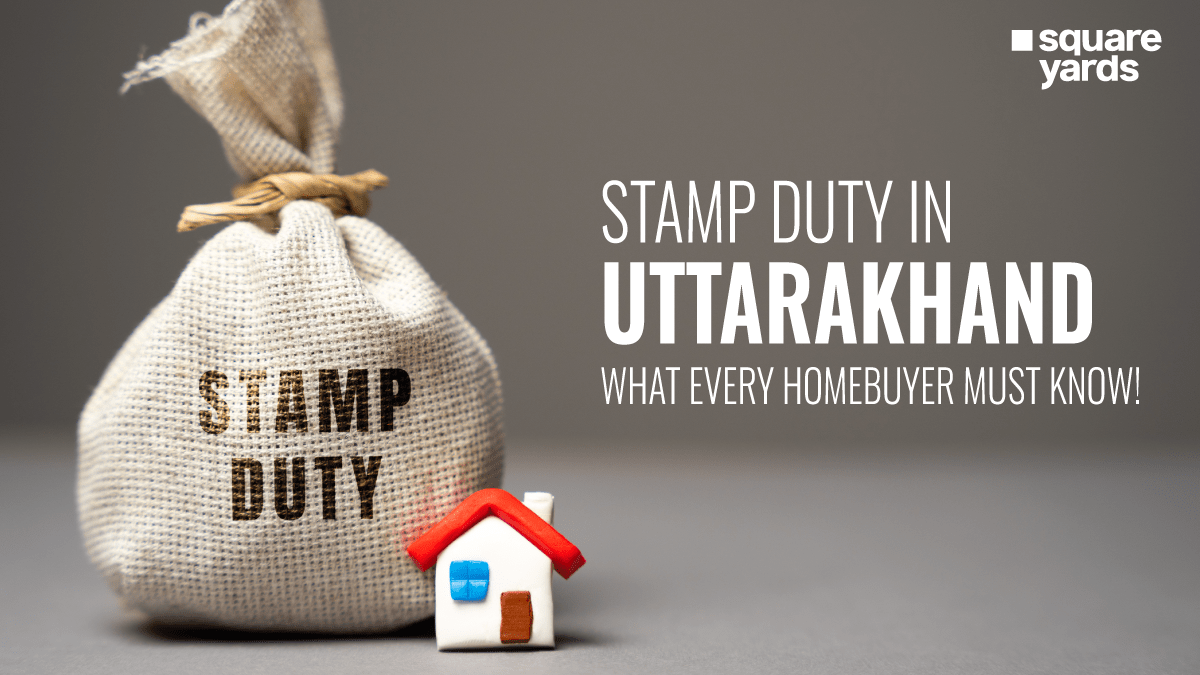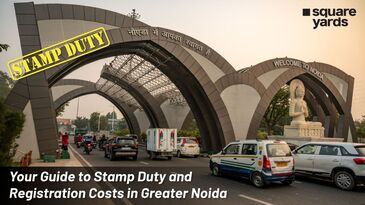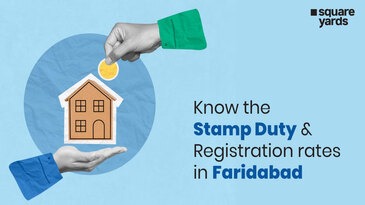A CIBIL score is of utmost importance in getting access to loans or credit cards. Every financial institution, bank, or lender will take into consideration your CIBIL score, to decide the status of your credit application. With the increase in digital platforms for calculating CIBIL scores, one can easily check CIBIL scores online.
Table of contents
To put it simply, a CIBIL score is a number that determines an individual’s creditworthiness. It falls under the range of 300-900 where a score of 900 is regarded as exceptional. The majority of lenders check your CIBIL score online and if it is above 750, your loan or credit application is likely to get approved.
When you search ‘check my CIBIL score,’ the first result will be of the portal called CIBIL. TransUnion CIBIL is a credit bureau that calculates an individual’s credit or CIBIL score after evaluating multiple parameters. Some of them include your payment and repayment history, employment details, account details, and at times utility bills. However, the question that arises in the minds of individuals is about the factors that constitute their CIBIL score. To put an end to this query, let’s have a look at some crucial factors that affect your CIBIL score.
Neglected Payment Behaviour
Your CIBIL score is majorly influenced by your payment behavior. It couldn’t be emphasized more that you should pay your EMIs and credit card bills on time. As per the analysis of CIBIL, a 30 day delay can reduce your CIBIL score by 100 points. In case, you have multiple loans and credit cards to take care of, you should set reminders to avoid any delay in repayments. If you miss a payment, it reflects negatively on your credit score report and shows that you have inconsistent payment behaviour.
Increased Credit Utilization Ratio
Take it as a golden rule to keep a check on your credit utilization ratio. It is defined as the amount of credit used in proportion to the available credit limit. The experts suggest that not more than 30% of your credit limit should be used every month. For instance, you have a credit limit of one lakh rupees, it is advised to use only thirty thousand rupees. More than 50% usage of your credit limit can harm your CIBIL score. It sends a red flag to the lenders hence, you should consistently check your CIBIL score online.
Outstanding Bills
Do not forget or delay the payment of outstanding bills or debts. Any delayed or outstanding bills can cause a toll on your CIBIL score. And, even if the outstanding bill is of small amount, pay it as soon as possible.
Payment of Only the Minimum Due Amount
A tiny part of the principal amount that remains outstanding every month is known as a minimum amount due. If you consistently pay only the minimum due amount, you might fall into a debt trap. When you pay only the minimum amount, the interest keeps on compounding on the outstanding bill amount. Thus, it is always beneficial to pay your credit card bills in full amount as it reflects positively on your CIBIL score report.
Unnecessary Credit Applications
When you apply for credit, every lender determines your creditworthiness through your CIBIL score report. This inquiry comes under the category of hard inquiries. If you are applying for multiple credit applications, know that there will be multiple hard inquiries conducted for them. These inquiries result in a low credit score which in turn makes you appear credit hungry. In addition, if you have a recent loan rejection, do not apply for credit immediately. Improve your CIBIL score and then apply for any fresh credit.
Discrepancies in your CIBIL Report
Your CIBIL score report has a comprehensive record of your past and present credit accounts. Any error in this report can bring down your CIBIL score. Hence, any discrepancy or error should be rectified as soon as possible. Your lenders need to rectify these errors because you can dispute them on CIBIL but the action will have to be registered by the lenders. And, check your CIBIL score online to see if you are in a trap of identity theft or not.
Lacking a Balanced Credit Mix
One should have a proper balance of both secured and unsecured loans. Home and auto loans come under secured loans and personal loans or credit cards are a type of unsecured loans. If you have only unsecured loans in your record, it hampers your creditworthiness. When you have a mix of both loans, it shows that you are good at handling all kinds of loans. This is a quality that is desired and considered by the lenders.
Record of your Credit History
The count of years from the time you opened your first credit account calls for your credit history. With a long record of credit history, it is likely for the lenders to decide in your favour. Financial experts advise that it is best to start building a credit history from the early stages of your financial life. That being said, by the time you apply for loans, you will have a good credit history.
Putting Down Your Old Debt Accounts
One of the greatest tools to build your credit history is a credit card. However, if you close your old accounts, the history of those accounts also gets eliminated from your CIBIL score report. Thus, if you have used a credit card for a long time and did timely repayments, keep that credit account open for as long as possible.
To Conclude
Attaining a high CIBIL score is not a facile task. It takes years of financial discipline and patience to achieve so. However, keeping a check on these above-mentioned factors can surely assist you in getting a CIBIL score desired by lenders and financial institutions. Not only will the loan approval become easier, you will also have the power to negotiate for the best deals on interest rates. Wait no more, start working on improving your CIBIL score now.


